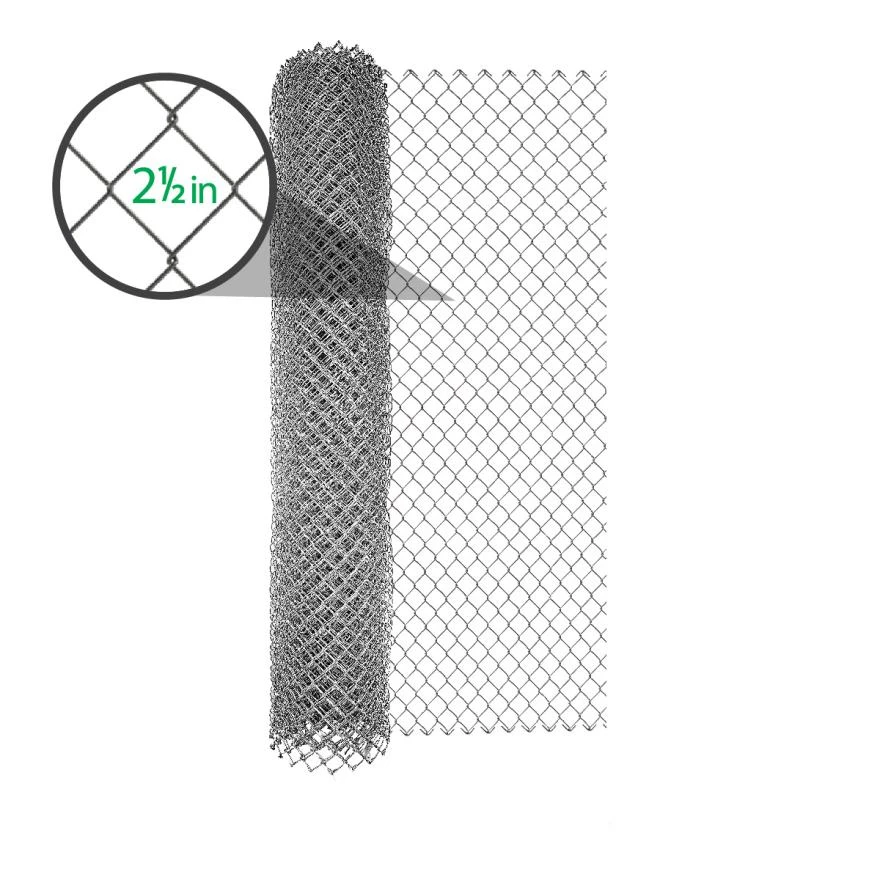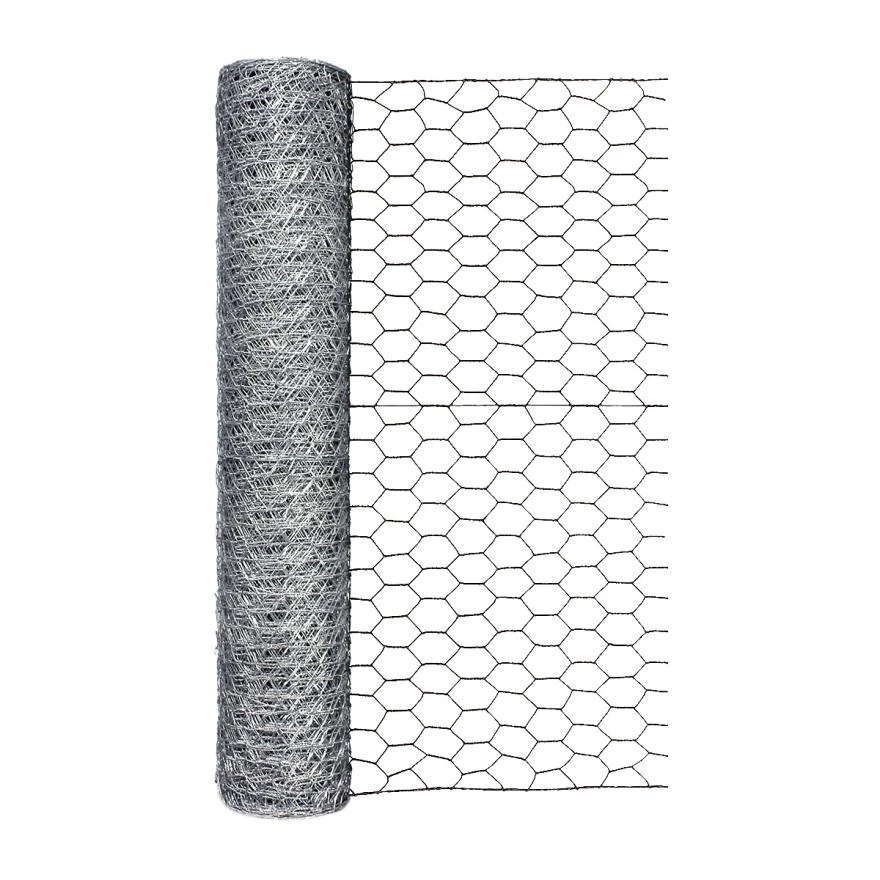Durable and Versatile Agricultural Fencing Panels for Effective Livestock Management and Crop Protection
Aug . 01, 2024 04:45
The Importance of Agricultural Fencing Panels
Agriculture is a cornerstone of human civilization, providing food, fiber, and fuel. As farms expand and evolve, the need for effective management of livestock and crops has become increasingly paramount. One of the critical components of agricultural management is the implementation of fencing systems, with agricultural fencing panels playing a crucial role in ensuring the safety and productivity of farms.
Agricultural fencing panels serve multiple purposes, primarily designed to contain livestock, protect crops, and delineate property boundaries. The proper use of fencing panels can prevent animals from straying, reduce the chances of predators attacking livestock, and safeguard crops from herbivorous wildlife that may cause significant damage.
Types of Agricultural Fencing Panels
There are several types of agricultural fencing panels available, each suited to specific needs. The most common materials used include wood, wire, and metal. Wooden panels provide a traditional aesthetic and strength but require regular maintenance to prevent rot and decay. In contrast, wire fencing panels are lightweight and highly versatile, making them an excellent choice for temporary enclosures or surrounding larger areas. Metal panels, often made from galvanized steel, are durable and offer long-lasting solutions resistant to weather conditions and animal damage.
In addition to these materials, the design of fencing panels can vary widely. Stock panels, for example, are vertical wires set at regular intervals to keep livestock secure while allowing visibility for both animals and farmers. Barbed wire fencing, on the other hand, is more suited for larger properties where keeping certain animals contained is critical. For those looking for a balance between sturdiness and aesthetic appeal, horse fencing panels often incorporate a mix of wood and wire to create a safe and visually pleasing environment.
agricultural fencing panels

Benefits of Using Agricultural Fencing Panels
The advantages of utilizing agricultural fencing panels extend beyond mere containment. One key benefit is enhancing agricultural productivity. Livestock protected within secure boundaries can graze freely, promoting better health and weight gain, ultimately leading to increased yield. Furthermore, protecting crops from wildlife incurs fewer losses, allowing farmers to increase their harvests significantly.
Another advantage is the reduced labor involved in managing livestock and crops. Fencing eliminates the need for constant supervision, allowing farmers to allocate their time and resources to other necessary tasks. This efficiency ultimately leads to better overall farm management and can even assist in the adoption of more sustainable farming practices.
Moreover, agricultural fencing panels contribute to the organization of land. By clearly marking property lines and various areas for different types of livestock or crops, farmers can implement rotational grazing systems, which have been shown to improve soil health and reduce weed growth.
Conclusion
In conclusion, agricultural fencing panels are an indispensable component of farm management. Their ability to secure livestock, protect crops, and delineate property boundaries makes them a vital investment for any agricultural operation. By understanding the various types available and their benefits, farmers can make informed decisions that enhance productivity, increase efficiency, and ultimately lead to a more prosperous agricultural venture. As the agricultural landscape continues to change, the role of fencing panels will undoubtedly become more prominent, reinforcing their importance in sustainable farming practices.









 Unity
Unity Creation
Creation Challenge
Challenge Contribution
Contribution










